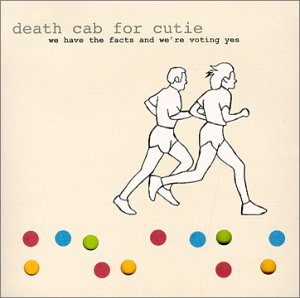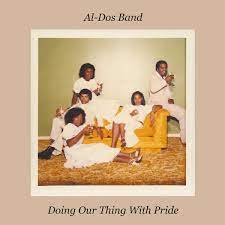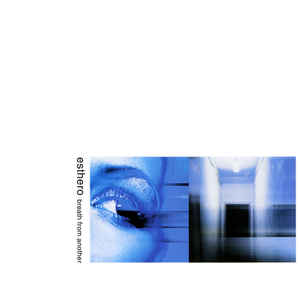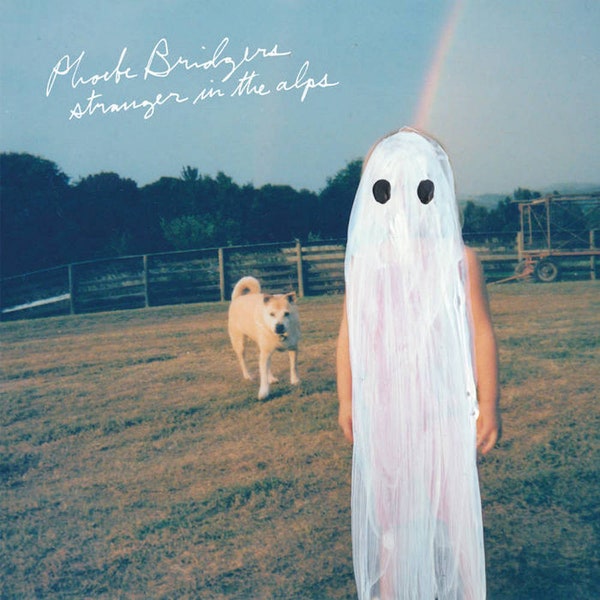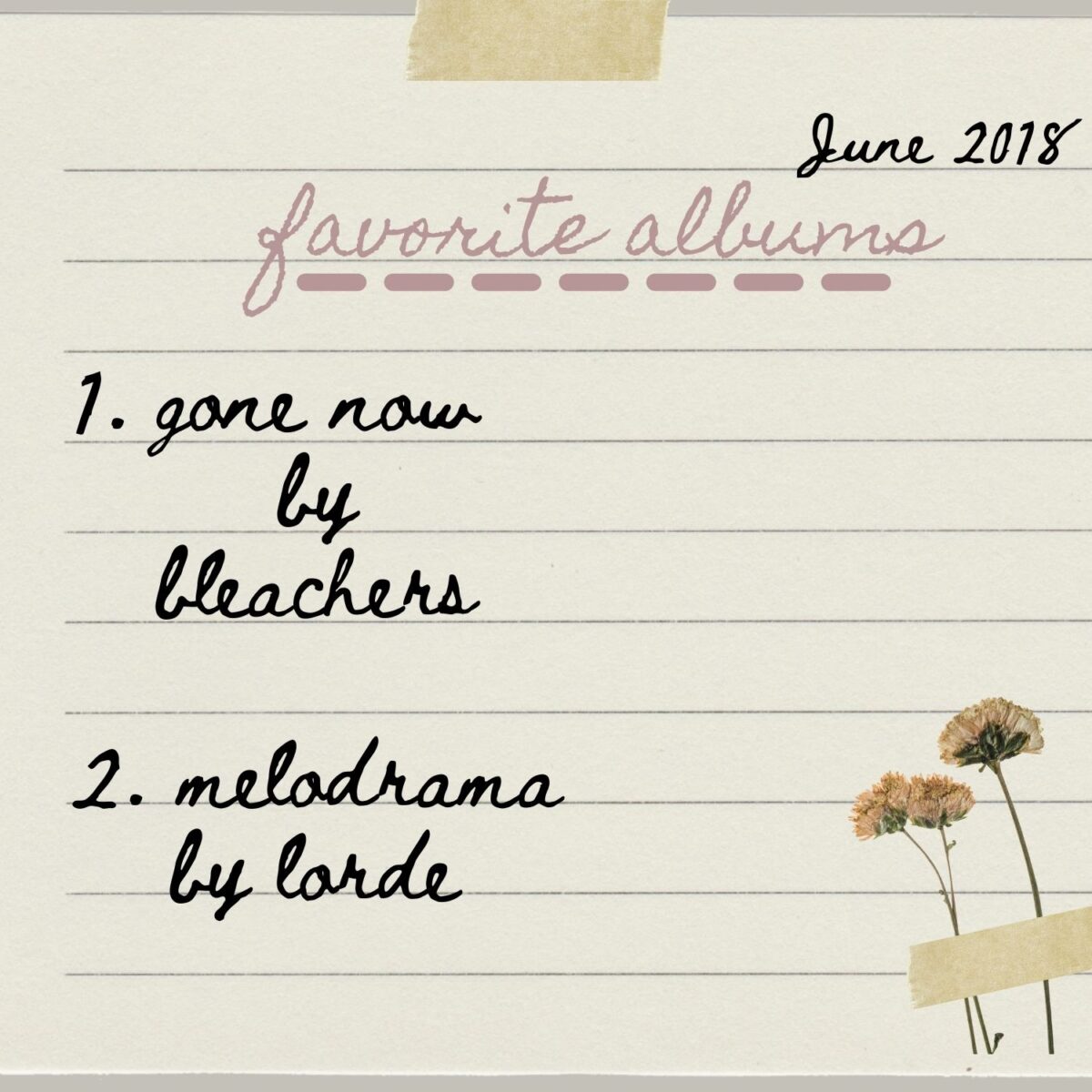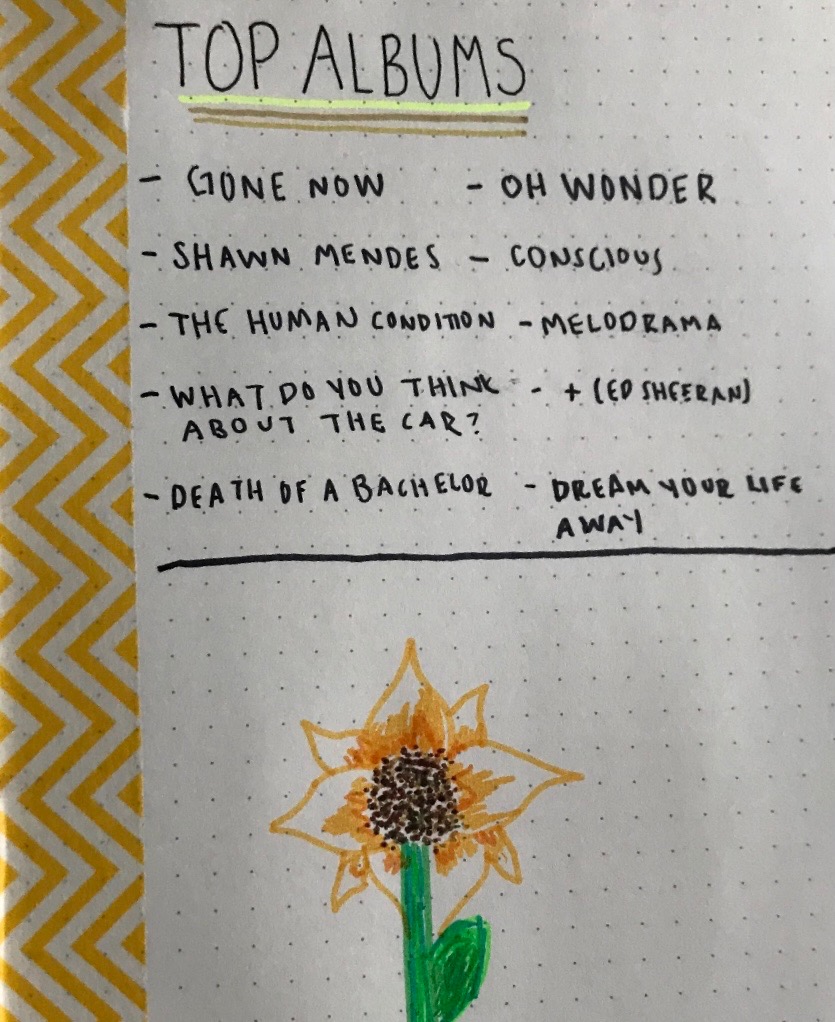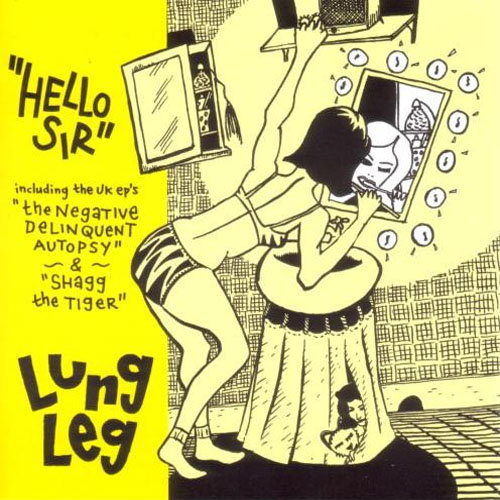There is a lot of music dedicated to the concept of transience and that resonates due to its exploration of the moment slipping away. And as the saying goes, life imitates art. There’s something poetic about a band who introspectively details attempts to capture the moment doing the same thing artistically. Here that band is Porches, and that moment is Feb. 5, 2016, the release date of their masterpiece “Pool”.
I want to start off by saying that Porches have been and remain a very solid band and I’ve enjoyed their albums released since that day. It’s just that “Pool” was lightning in a bottle and from “The House” onward, there seems to be an effort to recapture what made that album so special.
“Pool” was Porches second studio album and it marked a major departure from the style of the first. 2013’s “Slow Dance in the Cosmos” is a fun indie rock record with light, jangling guitars and lyrics drenched in liminality. In hindsight the sonic departure Porches would take was a logical evolution of “Cosmos”, but hindsight is of course 20/20. In the three years that passed between it and “Pool”, lead singer and bandleader Aaron Maine would record the album out of his apartment and reshaped Porches from a rock band to a synthy electronic outfit. The result was an album that was at once polished to a sheen and beautifully flawed.
The instrumentals are the star of the show here. Every track glistens like the surface of the titular pool. The synths on “Glow” add a distinctive bounce, turning a meditative track that could have dragged a little into a breezy experience that gets in and out while leaving a lot for the listener to chew on. Pacing is a huge focus, other than a slightly awkward 30-second outro on “Be Apart” there’s not an ounce of fat on this album. The structure of the songs never get in their own way; choruses aren’t distinct entities but instead bleed out of the verses they follow. The aforementioned “Be Apart” might be my favorite song on the album and the way the instrumentals melt around “cause I want to be apart” along with the way the “I” is drawn out across for syllables has imprinted this chorus into my memory in a way few have.
There are a lot of unlikely lyrics that somehow work perfectly with their surroundings. Over a shimmering synth line and skeletal drums Aaron Maine turns “Hi there, Franklin underwater” from a Frankie Cosmos reference into a triumphant nexus for relationship swan song “Underwater”. Porches detractors have called Maine’s vocal deliveries “flat” and complain that they drag down the music but I couldn’t disagree more. His voice is so distinctive and the way it blends with the instrumentals on this album evokes a swimmer bobbing up and down through waves.
On this album is an important qualifier because, like I said earlier, this really was a high water mark for Porches’ output. Something was missing from later albums that really made this one soar, and while they were still standout tracks like “Find Me” and “Back3School”, these stood out because of how they felt like “Pool” castoffs rather than a genuine advancement of the band’s sound. I think there has been some improvement here; 2021’s “All Day Gentle Hold!” was my favorite album of theirs since 2016 and I snapped up tickets to their April 15 show at Cat’s Cradle as soon as they dropped. But “Pool” was one of my favorite albums of the last decade, such a weird and wonderful collection of songs, that anything short of that feels like Porches aren’t reaching their true potential, and are instead stuck looking in the rearview mirror. Here’s hoping they can find the way forward again and deliver a masterpiece for the 2020s like they did for the 2010s.
-Erie


